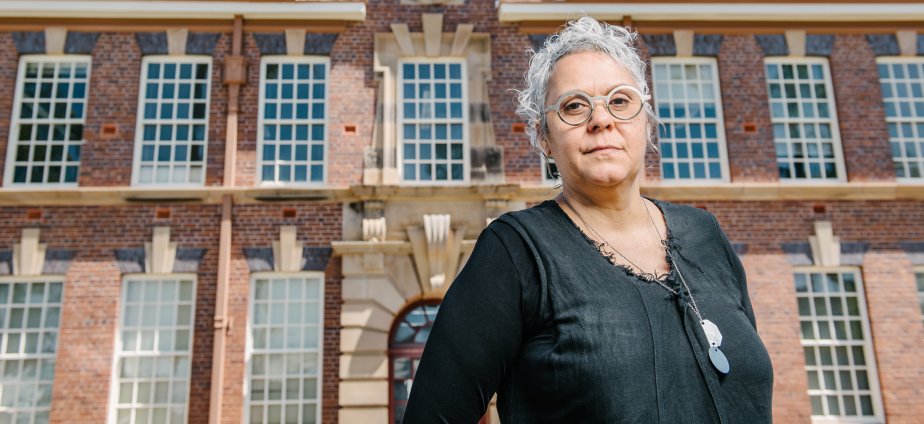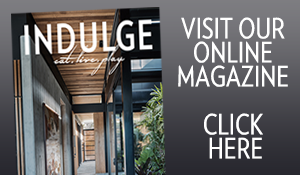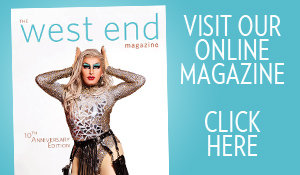Historian Professor Odette Best is uncovering the hidden histories of Aboriginal nurses and midwives who have fallen through the gaps of Australia’s history.
As a First Nations registered nurse, Professor Best is the leader of a new project at the University of Southern Queensland (USQ) which is investigating the untold stories of Aboriginal Queensland women who trained as nurses or midwives from the 1890s to 1950s.
The grant of $116,000 was announced October 14th by the Minister for Education Dan Tehan and is part of the Australian Research Council’s (ARC) Special Research Initiative scheme, focusing on Australian Society, History and Culture. This three-year study is USQ’s first Indigenous-led ARC project and hopes to change public perception that Aboriginal women were without agency or qualification before 1950.
While First Nations nurses and midwives who trained and worked in the 1950s are celebrated as pioneers in the professions, Professor Best argued there had been many Aboriginal women who have trained prior to the 1950s in nursing and midwifery.
“The notion that Aboriginal women only started to be trained as registered nurses from 1950s is absolutely incorrect,” she said. “During the 1950s, policy of assimilation came into play in Australia, which made it easier, but still difficult for Aboriginal women to enter hospitals to be nurses and midwives… Prior to that, though, there is little knowledge about Aboriginal women who trained as nurses.”
Through her PhD research, Professor Best uncovered an Aborignal women by the name of May Yarrowyck who is one of the nurses in this gap. She says that May Yarrowyck qualified as a midwife in Sydney in 1906 at Crowne Street Hospital. “I also found Aboriginal women who trained as nurses in the 1920s, including one who worked as a nurse on the ambulance trains in Belgium and France during World War 1.”
Professor Best has spent the past 16 years researching and documenting the contribution of Aboriginal women to the nursing and midwifery professions. Alongside fellow chief investigator Professor Tracey Bunda from the University of Queensland, Professor Best will undertake 13 community visits across Queensland, where they will meet with local Elders, pour through archives and conduct interviews.
“It’s a chance for [Aboriginal] families’ stories to be told and for these women to finally be acknowledged and recognised.”
Readers also enjoy our story about Space Scientists Launch









